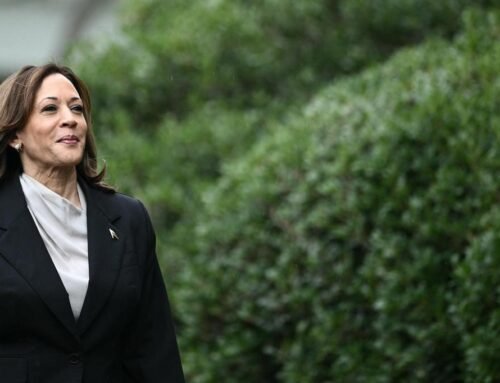
Mike Pharris is a certified public accountant in private practice at 717 Fifth Ave. in Longmont.
Before launching his business five years ago, he worked as a public accountant for other firms, and also as a corporate executive taking care of accounting and tax audit duties for large companies in a career spanning about 30 years.
He began his career at BDO Seidman in Memphis, Tenn., in 1989, and earned his CPA license while working there.
He joined the corporate world in 1999 to get a different work experience to become well-rounded in his approach.He quit his last job as assistant division controller for a public company in 2014 after it was acquired. He felt like moving in a new direction to do what he loved the most: working with small business owners.
“The level of appreciation for what you do is immense. It’s a much more enjoyable experience,” he said.
We recently caught up with Pharris to learn more about his business’ success. .
The following interview has been edited for length and clarity.
1. How does your firm help small business owners?
Pharris: Small businesses have unique needs. I help them manage their cash flows while minimizing their income tax liabilities. I help them understand how the year will play out for them financially, and help with tax planning, retirement savings and monthly financial reconciliations.
I also provide tax-related services to individuals as well.
I think that helping business owners and managers understand what the numbers are telling them and using financial information as a management and planning tool is the ultimate goal of the client-CPA relationship.
2. Do all your clients have similar issues?
Pharris: I have a range of small business owner clients (with a) … varying number of employees. My biggest client has 30 employees, and is doing business in all the 50 states across the nation. A lot of accounting issues they face are the same, but the levels of complexity are different. As an organization grows, its need for resources changes, which can increase the complexities. It is especially true of businesses operating in multi-state environments.
3. What’s one lesson you learned in your career that helps you as a small business owner today?
Pharris: It’s very important to simplify things for clients. Take a complicated process and make it easier for clients to understand.
I send email reminders to my clients, and even provide pre-addressed envelops they need for making their scheduled payments. My job is to make it easier for clients. My clients appreciate that.
My communication skills, and my ability to relate to people in different professional environments helps. A lot of my clients visit me once annually during the tax return filing season, and I make it a point to chat about their personal lives despite my hectic schedule. The human side of this business is the most rewarding one.
4. Do you provide financial planning services as well?
Pharris: I always wanted to focus on tax and accounting. I wanted to focus on them, to be able to keep up with changes in rules and regulations, and to consider myself an expert. The tax code change in 2017 was one of the most significant changes I ever saw. Some aspects of it affected every single return I did in 2018. It had both negative and positive effects on taxpayers depending on their particular circumstances.
I never saw a point to getting into financial planning. I always told myself ‘Let us not muddy the waters.’
5. Besides taking care of tax and accounting issues what else do you like to do?
Pharris: I’m a backpacker, rock climber, and I play guitar. I like to enjoy myself, contrary to the popular belief that accountants are a boring lot: bean counters.






Leave A Comment